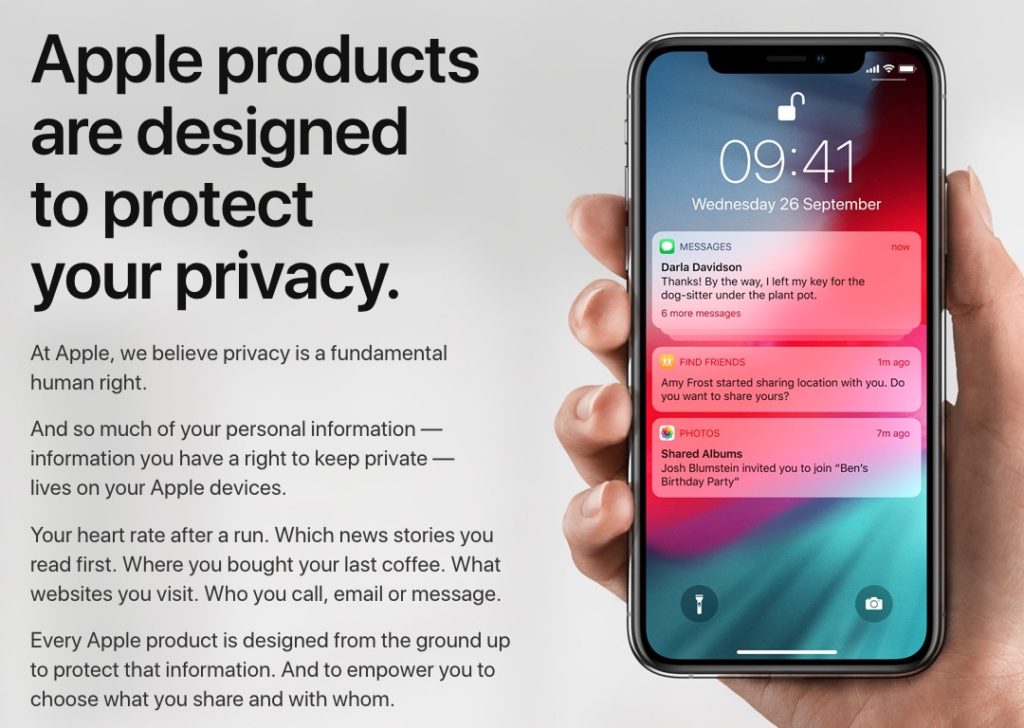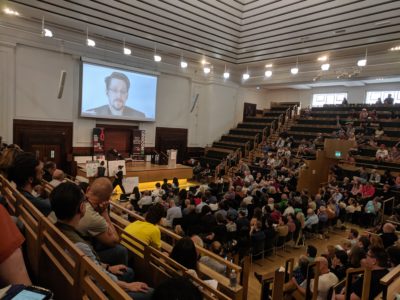FaceAche
Been thinking about FaceApp, the app that’s been around for ages and transforms faces in a variety of ‘hilarious’ ways.
I already know what I’ll look like in 10 or 20 years: a sort of pasty version of Ned Flanders. But even so, I can understand the temptation to satisfy the curiosity of trying the app out, whatever the motivation. How well does the tech work? How realistic is it? Will we turn into our parents after all? I get it. I’ve used the cat filters in Hangouts and Snapchat and whatnot. They are fun!
And of course, pictures of us are, scrape-able. It’s hard to keep our images off the internet. Even my mum knows that – in 2016 she told someone she was ‘on Facebook’ even though she didn’t have an account. Her face was on there – that was enough for her. Although we laughed at the time, she was totally right! And if someone wanted to put her through FaceApp, they’d just need to find her picture on the service.
So the pictures themselves are kindof uninteresting, but what about the intent? What do our actions reveal about us? What does it mean to be a person who voluntarily uses FaceApp? Does it mean you’re suggestible? Likely to share? Is that information useful? Of course. But to whom? When? How? How much is that information worth?
It’s this kind of metadata that, combined with other seemingly insensitive bits of our digital footprints, can identify us and then be used for all kinds of mischief – even if the original data was anonymised (highlighted by this cheery 2018 paper by UCL & The Alan Turing Institute).
Levels of public literacy around this stuff are pretty low in society (celebrities and influencers in particular) which is one of the reasons I support the Open Rights Group. Primarily I follow their work to keep myself abreast of the issues, but I also support them to effectively educate and lobby our government to keep corporates in check – sensibly – on these issues, in order to protect our human rights. Coincidentally I went along to my first ORGCon last week and came away with quite a long reading list from the talks and debates.

Apple in particular are making data security one of their key brand messages at the moment, realising that user data and metadata is at the same time one of their most valuable assets and their customers’ biggest concerns. But are their current mobile operating system APIs dealing with permissions in a sophisticated enough way? Apparently not. But I hope they are moving in the right direction.
For the next generation, whose entire lives will have been put online, sometimes by their parents, trying to control their digital footprint will be a near impossible challenge. FaceApp adds just another tiny vector to that. I’m really glad that the BBC has put together a simple kid-friendly guide to this stuff called Own It, although I must admit I’ve not noticed its promotion when I’ve been using other BBC services (which I do extensively).
Developing responsibly
In a timely development at this week’s Agile In The Ether, a monthly remote meet up for agile nerds, Emily Webber introduced a concept she’s been working on with doteveryone: consequence scanning. It’s a new event that sits in an agile cadence (e.g. within the fortnightly sprint cycle) and can be used by teams developing software to understand the positive and negative consequences of the things they are putting into the world. I look forward to putting it into practice sometime soon.
If initiatives like this become mainstream then at least accidentally well-intentioned tech could become less likely to be harnessed against us, so long as the players are not inherently of bad intent.
*
More squawking
Talking of bad intent, this summer there’s a nest of seagulls on the building opposite my house [METADATA!] and the birds are NEVER QUIET. They have even started swooping after people in the street. The nearest coast is miles away, but it apparently doesn’t matter – urban gull populations were up four fold according to research carried out in 2015.
After some basic research I am making owl masks to scare them away and to restore sleepfulness.
Blocking client work
Work-wise; a full week with Mozart this week, with a couple of other bits and bobs thrown in for fun. It was nice to focus almost exclusively for once –most of the time I’m context switching furiously (which will be the regular pattern again shortly).
Always be arranging
I put together two more choral arrangements this week which are in decent draft shape. Getting pretty quick with Avid’s music editor Sibelius now that I’ve done about 20 of ’em. Score editors have such a steep learning curve I’m not sure I could bear to switch.
